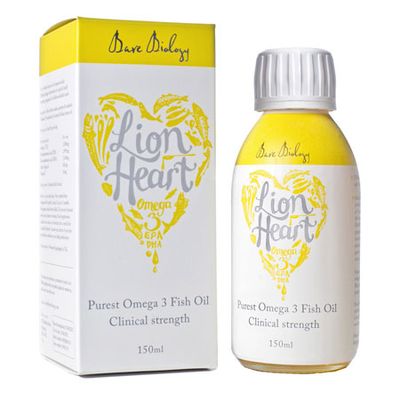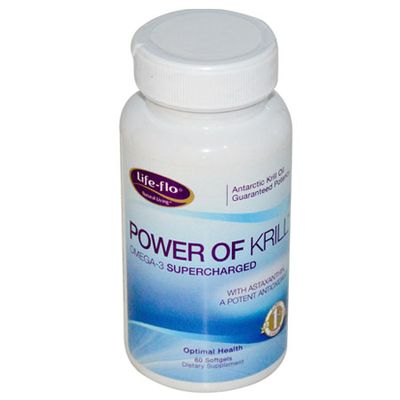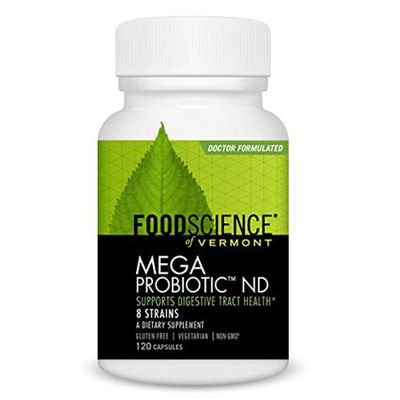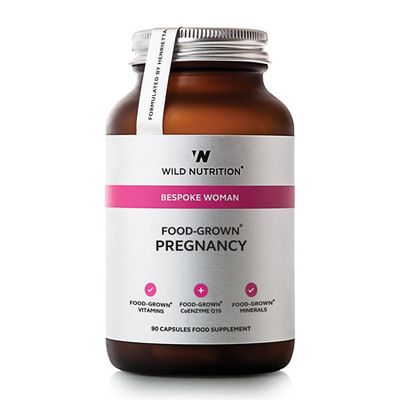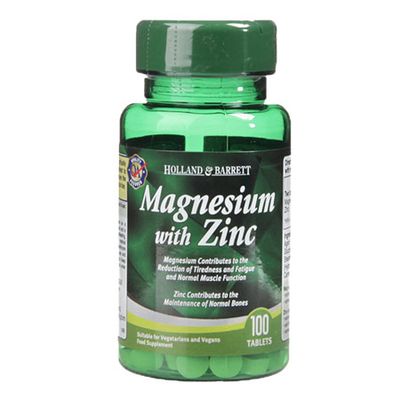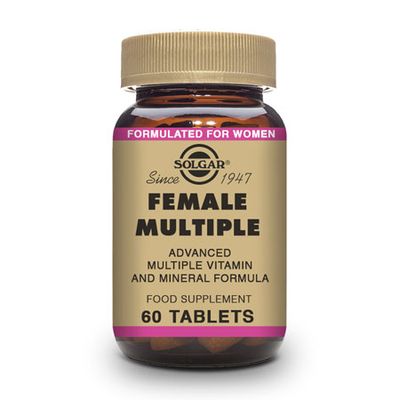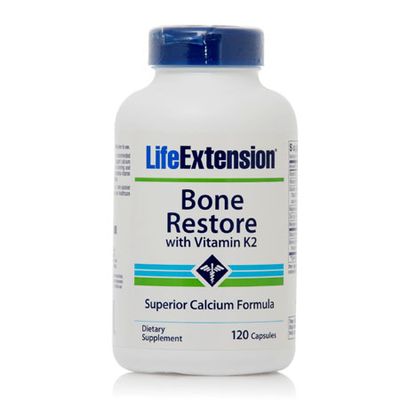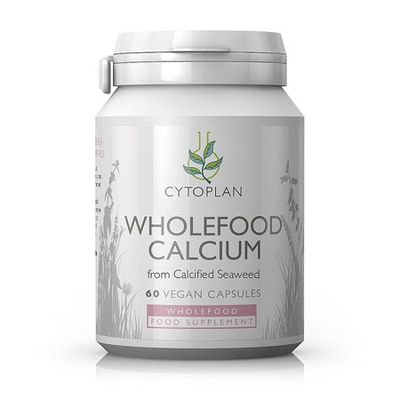
These Are The Supplements You Should Be Taking At Every Age
Your 20s…
This is the decade where many of us are living a fast-paced lifestyle and are often not eating the correct foods – sometimes even skipping meals. To remedy the issue, a multivitamin of your choice is recommended, but it must supply vitamin A for healthier skin, and folic acid (or folate) which is vital for anyone planning a pregnancy. An Omega-3 supplement is advised throughout your 20s too, because research indicates that Omegas display multiple benefits by quenching inflammation. They’re also required for hormone production, as well as helping to moisturise the skin and prevent acne – not to mention the brain performance benefits. Remember that these Omegas are termed essential fatty acids because they are so vital for a number of processes and the body cannot manufacture them. A good fish oil supplement to try is Lion Heart Omega 3 Fish Oil, or you can find the cleanest source in Power Of Krill. As a side note, it’s not necessary for you to be taking additional iron supplements if you’re following the advice of using a multivitamin – this should suffice. The only reason this would ever be necessary is if you’ve been diagnosed as anaemic or have heavy blood loss during your periods and are incredibly fatigued. Otherwise, try and keep it simple.
Your 30s…
Your multivitamin may now change if you wish in this phase depending on your needs, especially if you’re planning to conceive. If you do fall pregnant, I would recommend you changing over to Wild Nutrition’s Food Grown Pregnancy which is a balanced blend of vitamins and minerals to provide you and the baby with the correct levels. This formula contains 200mg of calcium per serving (remember that the body’s requirement is 1200mg of calcium during pregnancy to support the both of you) as well as iron since this mineral is required to manufacture blood cells, while the iodine inside is crucial for the healthy development of your baby’s brain. As for those who aren’t looking to conceive, your Omega-3 supplementation should continue. The only difference in this decade is you may have to introduce a probiotic. This is simply because many women will have had several rounds of antibiotics and these do have an impact on the friendly bacteria in the gut responsible for digestion, immunity and for providing energising B vitamins. If you fall into this camp, try Mega Probiotic-ND. It’s a multi-strain probiotic, without allergens such as dairy, gluten and wheat that delivers a good amount of these good bacteria into the gut through the harsh acidic environment of the stomach which compromises many other probiotic supplements.
Your 40s…
Your multivitamin now should revert back to the one you used during your 20s, as generally speaking, you’re going to be entering the perimenopause (especially at the latter end) so fertility should not be of concern. The only change worth making in your 40s is the addition of a separate magnesium supplement. These help to relax the body and are required for regulating hormones, as well as encouraging energy production and promoting better quality sleep. While not absolutely necessary, people often rave about the positive benefits they’ve seen and felt from taking magnesium. Again, not a necessity, but you could also consider the use of Sage Complex – this supplement contains herbs that mimic the female hormones to try and balance the declining oestrogen levels that occur during this phase.
Your 50s…
Providing your GP hasn’t told you otherwise, use the same regimen as in your 40s but with just one addition. Bone loss accelerates in your 50s, especially among women, since oestrogen helps to maintain bone mass, women become more vulnerable to bone loss after the menopause. It’s worth preventing this and the likelihood of osteoporosis by introducing a quality calcium supplement such as Bone Restore with Vitamin K2. It provides three highly absorbable forms of calcium plus several nutrients that are vital to help strengthen the joints and bone structures. As for finding out which nutrients you may be lacking in directly, you should get a nutrient profile test carried out either by your GP or privately to ensure you’re not missing anything.
DISCLAIMER: We endeavour to always credit the correct original source of every image we use. If you think a credit may be incorrect, please contact us at info@sheerluxe.com.
